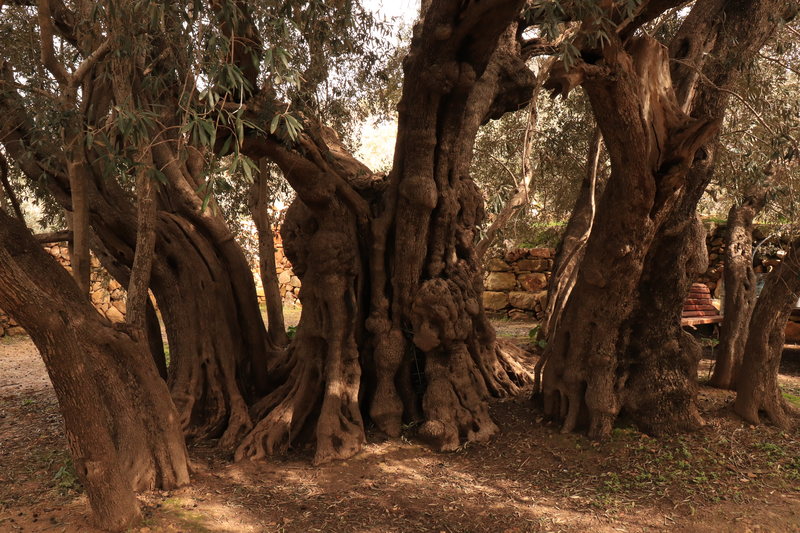We all hear about some human acts or even how humanity impacts not only our environment but also our perceptions and perspectives regarding life in general. This story is about Salah Abu Ali, a Palestinian father who considers one of the world’s oldest olive tree ‘Al Badawi’ as his 4th child as he also found it on the day his last son was born. The Al Badawi trees are a handful of olive trees in the eastern Mediterranean that are more than 2,000 years old. The olive tree is now ‘a symbol of resistance’.
It is at this edge where Abu Ali spends most of his day, pumping water from the spring above or tending to the soil. It is where he sometimes sleeps at night, and where he hosts people that have made the pilgrimage to the Holy Land. But many come for the tree, an olive tree that some believe to be the oldest in the world.

In 2010, two teams, one from Italy and another from Japan, carbon-dated Al Badawi. They came up with an age range of 3,000 to 5,500 years old. The top end of that spectrum would make the Al Badawi tree the oldest olive tree in the world, but it’s impossible to know for certain. Imagine a tree being a reason for people to travel across the world just to see it live! This significant tree has historical, cultural and religious significance, Ali says, adding that the tree was once a pilgrimage site for Sufis. It is said that the tree got its name from Sheikh Ahmad al-Badawi, an Egyptian Sufi holy man who spent much of his time beneath its branches. Olive trees are also repeatedly mentioned in the Bible, and their branches have become a universal symbol of peace.
The Al-Badawi olive tree located in Walaja village was previously considered as a resting place during the 1948 Arab-Israeli war. “In 1948, we came here and slept under the trees,” according to Abu Ali, as Israeli military personnel chanted during drills in the valley below. After the dust settled and the demarcation lines were drawn, Al Walaja had lost around 70 percent of its land and this tree survived.

Now take a moment and imagine if the tree was ever gone, the tree that Abu Ali considers to be a member of his family to the extent that the Palestinian Authority now pays him a small monthly sum to guard it. For centuries, people have depended on the olive tree for food and oil in this region and you know what, all they need is water and care.
With this amazing human act he carries out everyday, he’s harvested 400 kilograms, or nearly 900 pounds of olives. Ali believes and has optimism that this tree will live on even more as according to him “it’s better than people.” Don’t think anyone can disagree, right? “The olive tree is a part of our resistance and a part of our religion. With the olive tree we live, and without it we don’t live,” says Abu Ali.


